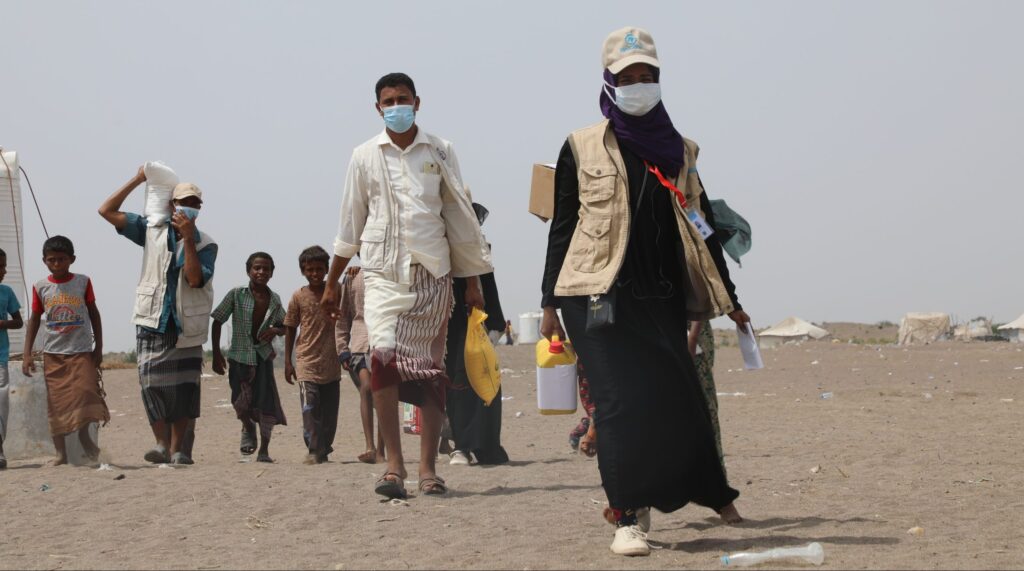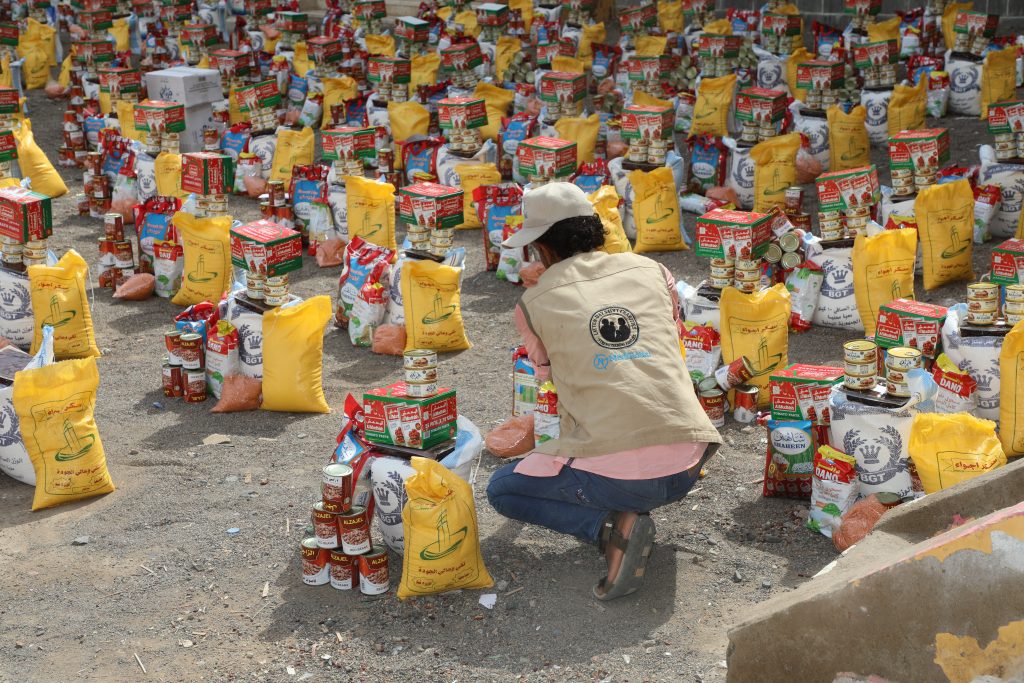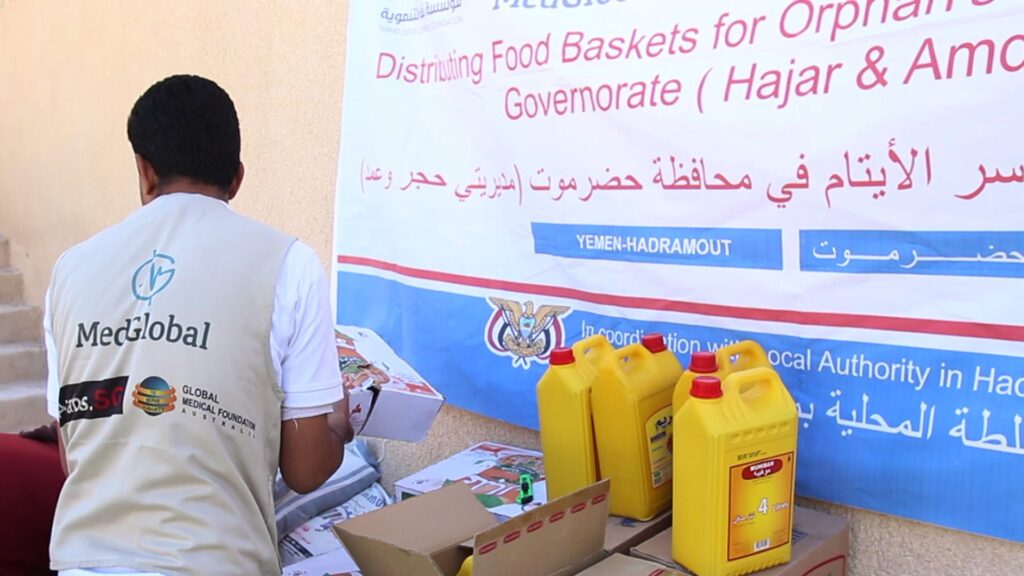Updates & Press
Featured | February 10, 2021
Malnutrition Around the World: Growing Rates, Wors
Author | MedGlobalComms

By Pooja Nahar, MedGlobal Programs Assistant Intern
Malnutrition is a widespread health issue, yet it overwhelmingly originates from the same overlapping causes in most populations. Climate change, poverty, lack of access to food and/or clean drinking water, conflict, and disease all contribute greatly to malnutrition around the world. Among children under the age of 5, about 45% of deaths have been caused by undernutrition, with most of these cases in low-and-middle-income countries. Malnutrition compromises the immune system, making individuals sick, keeping them sick, and sometimes even leading to death. Populations devastated by malnutrition have also been disproportionately impacted by the COVID-19 pandemic. In fact, the economic impact of COVID-19, including rising food prices, and worsening inequalities has been shown will fuel malnutrition.
From day one of a child’s life, poor nutrition can have lasting and detrimental effects. Most malnutrition programs focus their resources and attention on a period of time deemed the “1000-day window of opportunity.” This stretch of time from conception through the 23rd month of a child’s life serves as a critical opportunity for preventing permanent stunting as well as physical and developmental disabilities. Part of MedGlobal’s health response in areas with high rates of malnutrition includes educational and training programs, in addition to the direct provision of nutritional food and assistance.
Yemen is a priority country in MedGlobal’s efforts to enhance and increase nutrition programs. During 2020, there was approximately a 15% increase in the cases of Severe Acute Malnutrition (SAM) amongst young children in Yemen. Thousands of children are at risk of death without urgent treatment and thousands of children risk becoming malnourished without preventive or therapeutic measures in place. Out of the 2 million children who need treatment for acute malnutrition, a heartbreaking 360,000 children risk death without it. Famine is heavily weighing on Yemen as they are facing one of the worst humanitarian crises in the world. In Yemen, MedGlobal has provided food baskets and nutritional supplements, conducted nutritional assessments, and supported a malnutrition treatment center as part of our overall health response. To build our nutrition programming in the governorate of Taiz, MedGlobal is planning to support the Minimum Service Package (MSP) at 4 rural health facilities. The MSP is a country-specific health delivery mechanism that aims to improve access and availability of critical health care services, including nutrition. Specifically, treatment of SAM and moderate acute malnutrition (MAM) among children 6 to 59 months of age and pregnant or lactating women will be supported. MedGlobal will lead training for healthcare providers and community health workers on informing their communities about the risks of malnutrition, identifying SAM and MAM patients through nutritional assessments, and improving community-wide nutrition. The urgency of addressing food insecurity and nutrition is profuse in Yemen, as well as in many other regions around the world. Beyond this, nutritional inequalities within countries are significant and awareness is the first step to nutrition equity.




